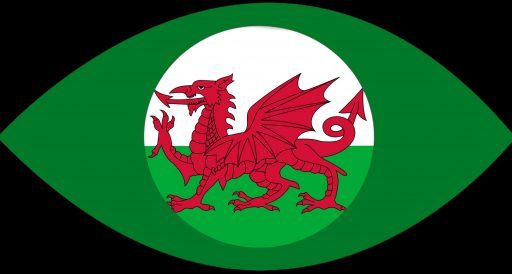The Enigmatic Pine Martens of North Wales: A Closer Look at Their Ecology and Conservation
North Wales, with its diverse landscapes and rich biodiversity, is home to a fascinating array of wildlife. Among the lesser-known inhabitants of this region are the elusive pine martens (Martes martes). These small, carnivorous mammals play a crucial role in the ecosystem, yet their presence often goes unnoticed. In this article, we delve into the ecology and conservation of pine martens in North Wales, shedding light on their behavior, habitat, and the challenges they face.
Ecology of Pine Martens: Pine martens are members of the mustelid family, which also includes otters, badgers, and weasels. Characterized by their slender bodies, pointed faces, and luxurious fur, these mammals are highly adapted to life in wooded areas. In North Wales, they primarily inhabit coniferous and mixed woodlands, where they navigate the tree canopy with remarkable agility.
Habitat Preferences: Pine martens are predominantly arboreal, spending much of their time in trees. Their habitats often include old-growth forests, where they find suitable den sites in tree hollows or old birds’ nests. The dense vegetation provides cover for hunting and protection against predators.
Dietary Habits: These omnivores have a varied diet, feeding on small mammals, birds, insects, fruits, and carrion. Their keen sense of smell and sharp claws make them adept hunters, while their semi-retractable claws aid in climbing trees. The pine marten’s diet plays a role in controlling rodent populations, contributing to the ecological balance of their habitat.
Nocturnal Behavior: Pine martens are primarily nocturnal, which makes them elusive and challenging to observe in the wild. Their nighttime activities include hunting for food, marking territory, and mating. This nocturnal lifestyle helps them avoid predators and minimizes encounters with humans.
Conservation Challenges: Despite their adaptability and resilience, pine martens face numerous challenges in North Wales. Habitat loss due to urbanization, deforestation, and agricultural expansion threatens their natural environment. Additionally, road accidents pose a significant risk, as these creatures may traverse roads in search of new territories or mates.
Historical Decline: In the past, pine martens faced severe declines in population due to habitat destruction and persecution. In North Wales, as in many other regions of the United Kingdom, they became locally extinct in some areas. However, recent conservation efforts and legal protections have aimed to reverse this trend.
Conservation Efforts: Several initiatives in North Wales are working towards the conservation and protection of pine martens.
Reintroduction Programs: Reintroduction programs have been crucial in reestablishing pine marten populations. By carefully selecting release sites and monitoring the individuals, conservationists aim to create sustainable and self-sufficient populations.
Community Engagement: Community involvement is vital for the success of conservation efforts. Education programs, awareness campaigns, and collaboration with local communities help garner support for protecting pine martens and their habitats.
Legislation and Protection: Legal measures, such as protected status and habitat conservation laws, play a pivotal role in safeguarding pine martens. Enforcing these regulations helps mitigate the impact of human activities on their habitats.
Conclusion: The pine martens of North Wales, once on the brink of local extinction, now stand as a testament to the power of conservation initiatives. As efforts continue to protect their habitats, raise public awareness, and implement legal safeguards, these enigmatic mammals have a chance to thrive once again in the diverse landscapes of North Wales. By understanding and appreciating the ecological role of pine martens, we contribute to the broader conservation of biodiversity and the delicate balance of ecosystems in the region.


